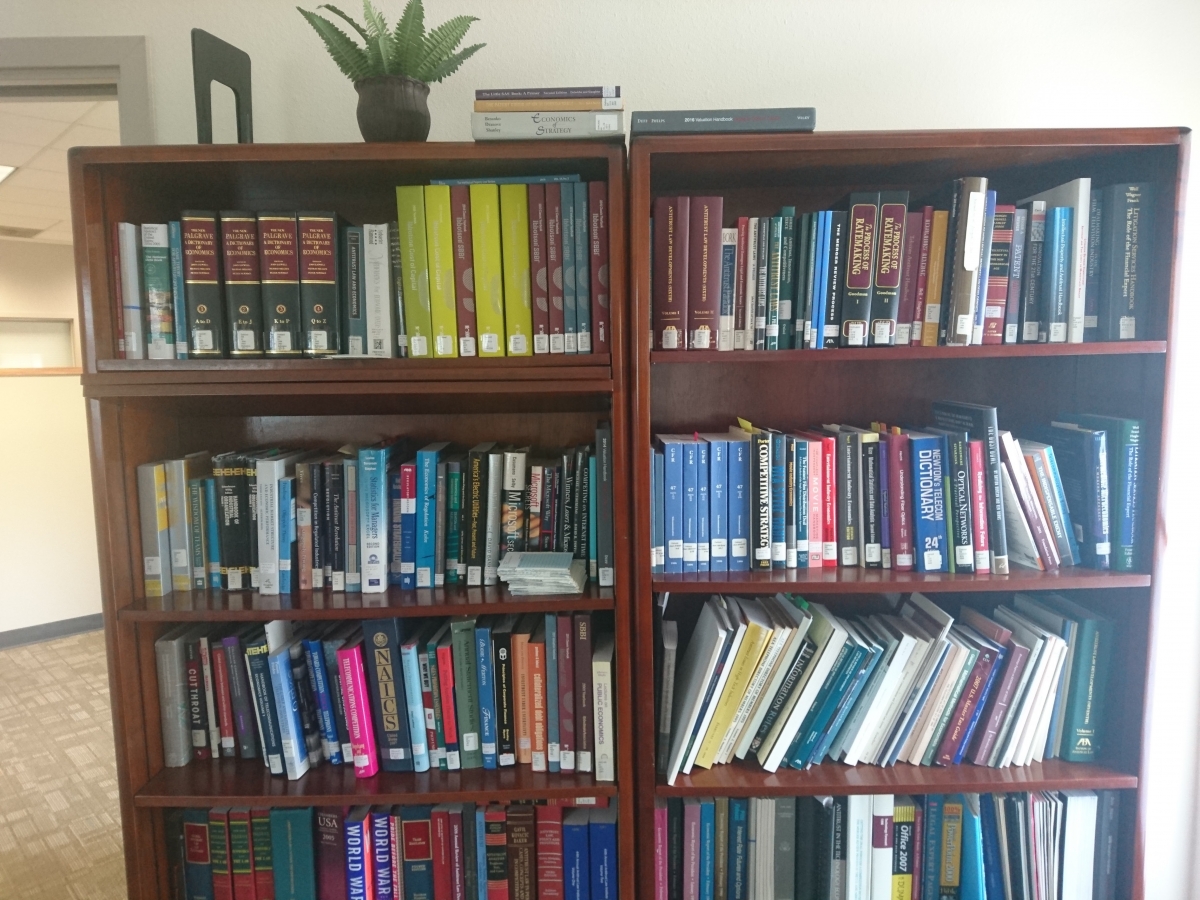The greatest knowledge I have gained from my position at CRA is related to my practice, Antitrust & Competition Economics. Before coming to CRA, I had never studied economics in any formal capacity. Now, every part of my work on a project teaches me something new. At the beginning of each new case, I learn about the industry and the client’s role in that industry. If the case is a merger, I study where possible antitrust issues lie and what sort of data we need to better understand the market. I recently worked on a price-fixing case, in which I found aspects of an industry that could be conducive to price-fixing. For example, a small number of sellers in a market, barriers to entry for newcomers to the market, and opportunity for communication between sellers could all facilitate price-fixing. I’ve also discovered more technical concepts of economics, such as price elasticity of demand and derived demand. Throughout any project, I also have the opportunity to learn by asking my managers questions, whether about something technical like the basis for our arguments, or general questions about the legal process or our relationship with clients.
 Working as an analyst carrying out data-driven analysis will also improve your programming skills, and this has been the case with me. My work at CRA has exposed me to working with messy and disorganized data and using tools in my repertoire to accomplish new tasks. The process of making sense of messy data is like a puzzle or scavenger hunt. Solving problems such as these can be enjoyable and satisfying as long as you aren’t too time-crunched or stressed. Data is not always provided in the form of Excel spreadsheets or csv files. For example, I worked on a task where I had to parse text data and my manager and I decided Python would be the best to accomplish this. We also used Python to collect metadata from hundreds of Excel workbooks to know the structure of each file (what were the variables, which columns were hidden, which cells were highlighted, etc.) without opening each workbook manually.
Working as an analyst carrying out data-driven analysis will also improve your programming skills, and this has been the case with me. My work at CRA has exposed me to working with messy and disorganized data and using tools in my repertoire to accomplish new tasks. The process of making sense of messy data is like a puzzle or scavenger hunt. Solving problems such as these can be enjoyable and satisfying as long as you aren’t too time-crunched or stressed. Data is not always provided in the form of Excel spreadsheets or csv files. For example, I worked on a task where I had to parse text data and my manager and I decided Python would be the best to accomplish this. We also used Python to collect metadata from hundreds of Excel workbooks to know the structure of each file (what were the variables, which columns were hidden, which cells were highlighted, etc.) without opening each workbook manually.
During my time at CRA, I have also had the opportunity to strengthen my written communication skills. Most of the writing I have done in my role consists of memos about a certain industry to provide background for a case. Project managers are busy, so memos need to be succinct. They also have to answer specific questions while giving a general overview that could be understood by someone unfamiliar with the topic. I think of it as taking notes as you research a topic, and noting questions that arise or issues you come across, and then rearranging these notes into a memo. These guidelines change depending on the office and manager, but the writing style is definitely different and takes practice. Non-project CRA work also provides opportunities for improving writing skills (for example, writing posts for this blog) and allows for more creativity.
My work experience has also given me a few life skills that I work on every day and will help me outside CRA. First, always anticipate how you could make life easier for your future self. Projects wax and wane, and you may find yourself coming back to a project that you worked on so long ago that you can’t remember much about it. I have learned how important it is to take the extra time now to be organized, record everything, and be mindful so that later on it will be easier to remember what I did. Being organized also reduces the amount of stress you feel near a deadline. For a recent project I worked on, we were all working long hours until the deadline but I never felt too stressed because my manager was very organized so I had confidence that even though there was a lot of work to do, we had a plan to get it all done. I’ve been incorporating organization and mindfulness into my everyday life, and trying to follow a “never touch things twice” mantra.
Second, frequently check in with yourself and ask yourself what you are doing, why you are doing it, and if you are using the most efficient method to complete your task. The dynamic nature of consulting may mean that you start an analysis with a certain goal in mind, but when you look at the data, you realize you can’t meet that goal. Reevaluate and adjust your mindset and direction. When you have a new goal, double-check that the approach you are taking is still the best approach. This big picture mindset has helped me succeed and keep the purpose in mind for smaller day-to-day tasks.

